How to Make Perfect Fermented Carrots: Simple 5-Step Beginner's Recipe
Here's the quick answer you need: Peel and slice 500g of carrots, add 1 tbsp non-iodized salt to 4 cups filtered water to make brine, pack carrots in a jar with your choice of spices, submerge completely in brine, and store at room temperature for 3-7 days. That's the complete basic process for delicious, probiotic-rich fermented carrots ready in under a week.
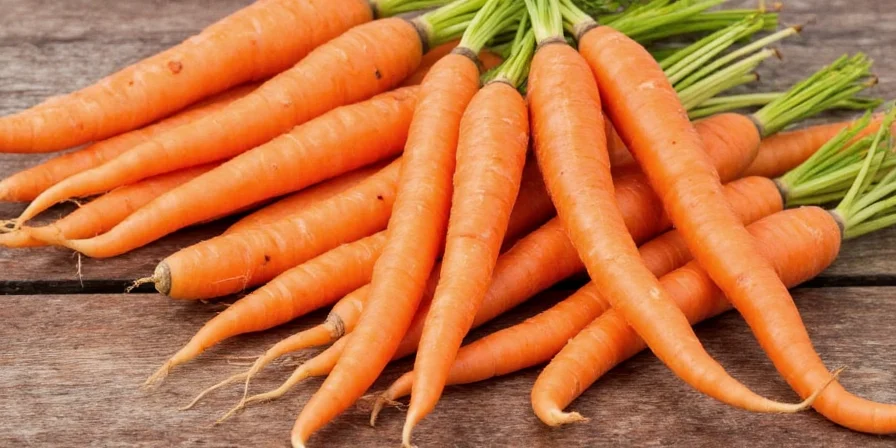
Beginner-Friendly Fermented Carrots Recipe
This simple method works reliably for first-time fermenters. You'll need just 3 basic ingredients and common kitchen tools to create crunchy, flavorful fermented carrots with gut-healthy probiotics.
| Ingredient | Quantity | Why It Matters |
|---|---|---|
| Carrots | 500g (about 6 medium) | Choose firm, fresh carrots for best texture and natural sugar content |
| Non-iodized Sea Salt | 1 tbsp | Essential for safety and texture (iodized salt inhibits fermentation) |
| Filtered Water | Enough to cover | Chlorine-free water prevents killing beneficial bacteria |
Step-by-Step Instructions for Perfect Results
- Prepare carrots: Peel and cut into uniform 1/4-inch sticks (this ensures even fermentation)
- Make brine: Dissolve 1 tbsp salt in 4 cups near-boiling filtered water, then cool to room temperature
- Layer ingredients: Pack carrots tightly in clean jar with chosen spices (see simple pairings below)
- Add brine: Pour cooled brine over carrots, leaving 1-inch headspace at top of jar
- Seal and store: Cover with lid (not airtight) and keep at room temperature (65-75°F) for 3-7 days
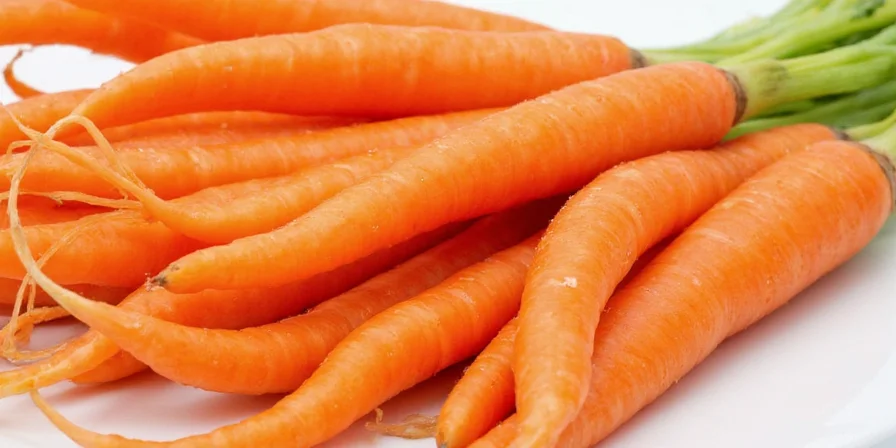
3 Simple Spice Pairings for Delicious Results
Start with these foolproof combinations before experimenting with advanced techniques:
- Classic Dill: 2 sprigs fresh dill + 1 garlic clove (perfect for sandwiches)
- Basic Spiced: 1 tsp mustard seeds + 1/2 tsp black peppercorns (great with meals)
- Simple Sweet: 1 small cinnamon stick + 2 allspice berries (excellent as snack)
What to Expect During Fermentation
Days 1-2: Little visible activity
Days 3-4: Bubbles appear, mild tang develops
Days 5-7: Flavor intensifies, perfect crunch maintained
After 7 days: Refrigerate to slow fermentation
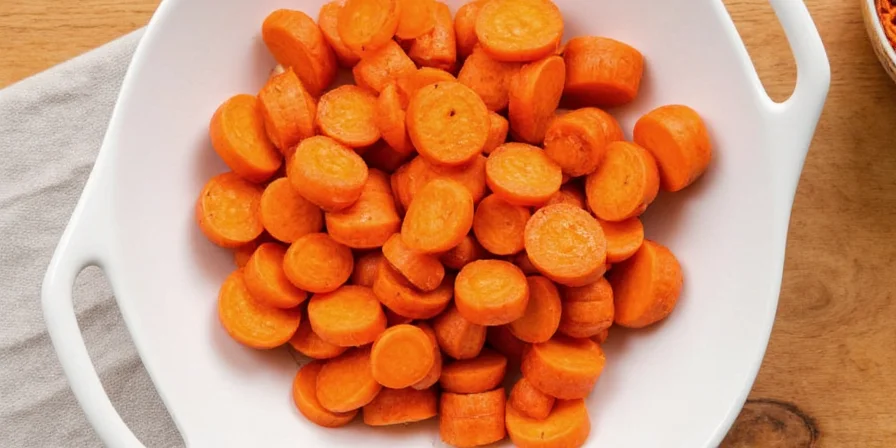
Essential Safety Tips for Success
- No mold tolerance: Discard immediately if you see fuzzy or colored mold
- Safety check: Safe ferments smell pleasantly sour, not putrid or rotten
- Always submerged: Carrots must stay completely under brine to prevent spoilage
- Temperature matters: Keep between 65-75°F (too cold = slow, too hot = mushy)
Why This Simple Method Works
Unlike complicated approaches, this beginner-friendly process creates the perfect environment for beneficial bacteria to thrive while preventing harmful microbes. The salt concentration (about 2.5%) creates conditions where lactic acid bacteria dominate, naturally preserving your carrots while developing probiotics and enhancing nutrient availability.
Advanced Techniques for Better Results
Once you've mastered the basics, these science-backed improvements can elevate your ferments:
Temperature Control for Flavor Development
- 68°F (20°C): Creates milder flavor with dominant L. plantarum strains (ideal for beginners)
- 75°F (24°C): Faster fermentation with more complex flavors (requires careful monitoring)
Strategic Spice Pairing Science
Specific spice combinations actively shape your fermentation's microbial profile. These advanced pairings create distinct flavor experiences while optimizing probiotic benefits:
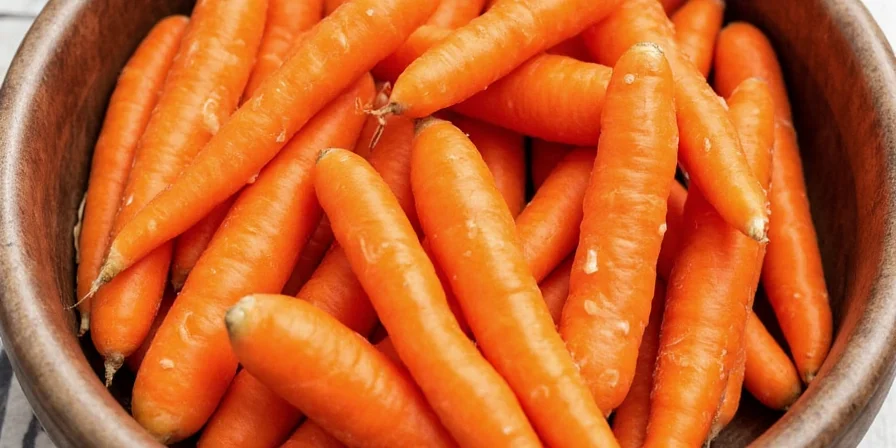
| Spice Combination | Flavor Profile | Best Fermentation Time |
|---|---|---|
| Turmeric + Black Pepper | Earthy with warm notes | 4-5 days |
| Cumin + Lime Zest | Citrusy with mild heat | 3-4 days |
| Ginger + Star Anise | Complex sweet-spicy | 5-6 days |
| Sumac + Aleppo Pepper | Tangy with subtle heat | 4-5 days |
| Fennel Seeds + Orange Zest | Sweet licorice notes | 6-7 days |
Troubleshooting Common Issues
- Carrots floating: Press down daily until bubbles decrease (usually after day 3)
- Too salty: Rinse before eating or reduce salt slightly in next batch
- Mushy texture: Over-fermented - refrigerate sooner next time
- No bubbles: Too cold - move to warmer spot (but under 75°F)
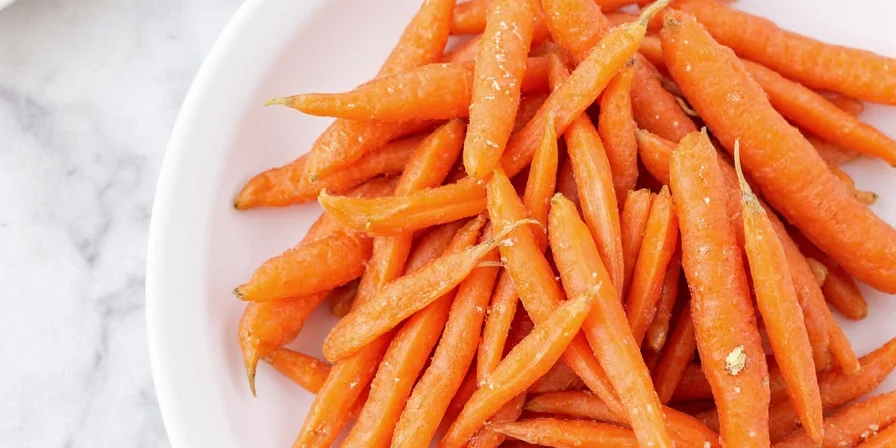
Storage and Shelf Life
Refrigerated fermented carrots maintain peak quality for 2-3 months. Flavor evolves over time:
- Weeks 1-2: Bright, fresh tanginess
- Weeks 3-6: Complex umami development
- Months 2-3: Mellow, rounded flavor
Frequently Asked Questions
Can I ferment carrots without salt?
No—salt is essential for safety. It creates the environment where beneficial bacteria thrive while preventing harmful microbes. For lower sodium, rinse fermented carrots before eating.
Why do my fermented carrots float to the top?
This is normal CO2 production. Gently press down daily until bubbles decrease (usually after day 3). Always keep carrots submerged under brine.
How do I know when fermentation is complete?
When bubbles slow significantly and tanginess reaches your preference (usually days 3-7). Refrigerate immediately to stop fermentation.
Can I reuse fermentation brine?
Yes, but only for same-ingredient ferments (like new carrot batches). Discard after two uses or if cloudy.
Do fermented carrots lose nutritional value?
Actually, fermentation increases nutrient availability. Beta-carotene becomes more bioavailable, and vitamin C remains stable when properly fermented.
Final Tips for Success
Start with this simple method to build confidence, then experiment with advanced techniques. The key to perfect fermented carrots is consistency in basic technique—proper salt ratio, complete submersion, and appropriate temperature. Once you've mastered these fundamentals, you'll consistently create probiotic-rich, flavorful fermented carrots that are both safe and delicious. Remember that each batch teaches you more about the fermentation process, so don't be afraid to experiment after your first successful jar!
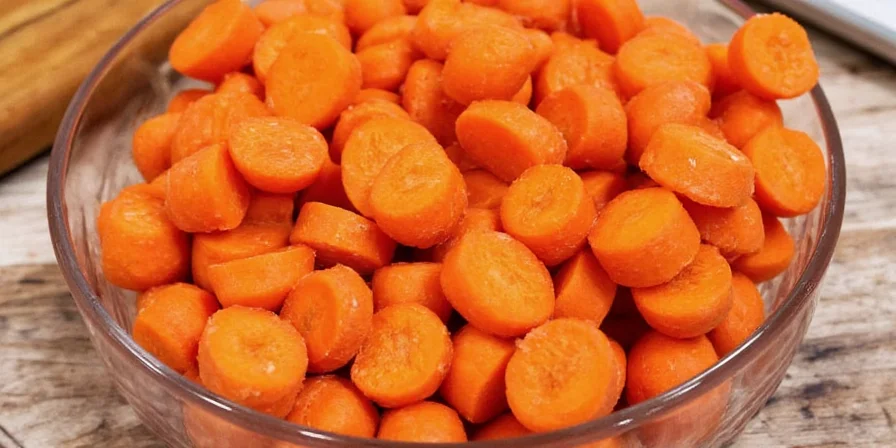

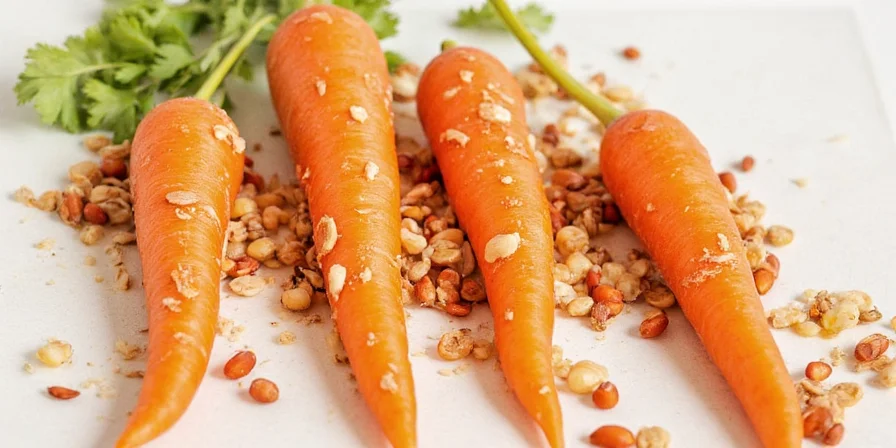









 浙公网安备
33010002000092号
浙公网安备
33010002000092号 浙B2-20120091-4
浙B2-20120091-4